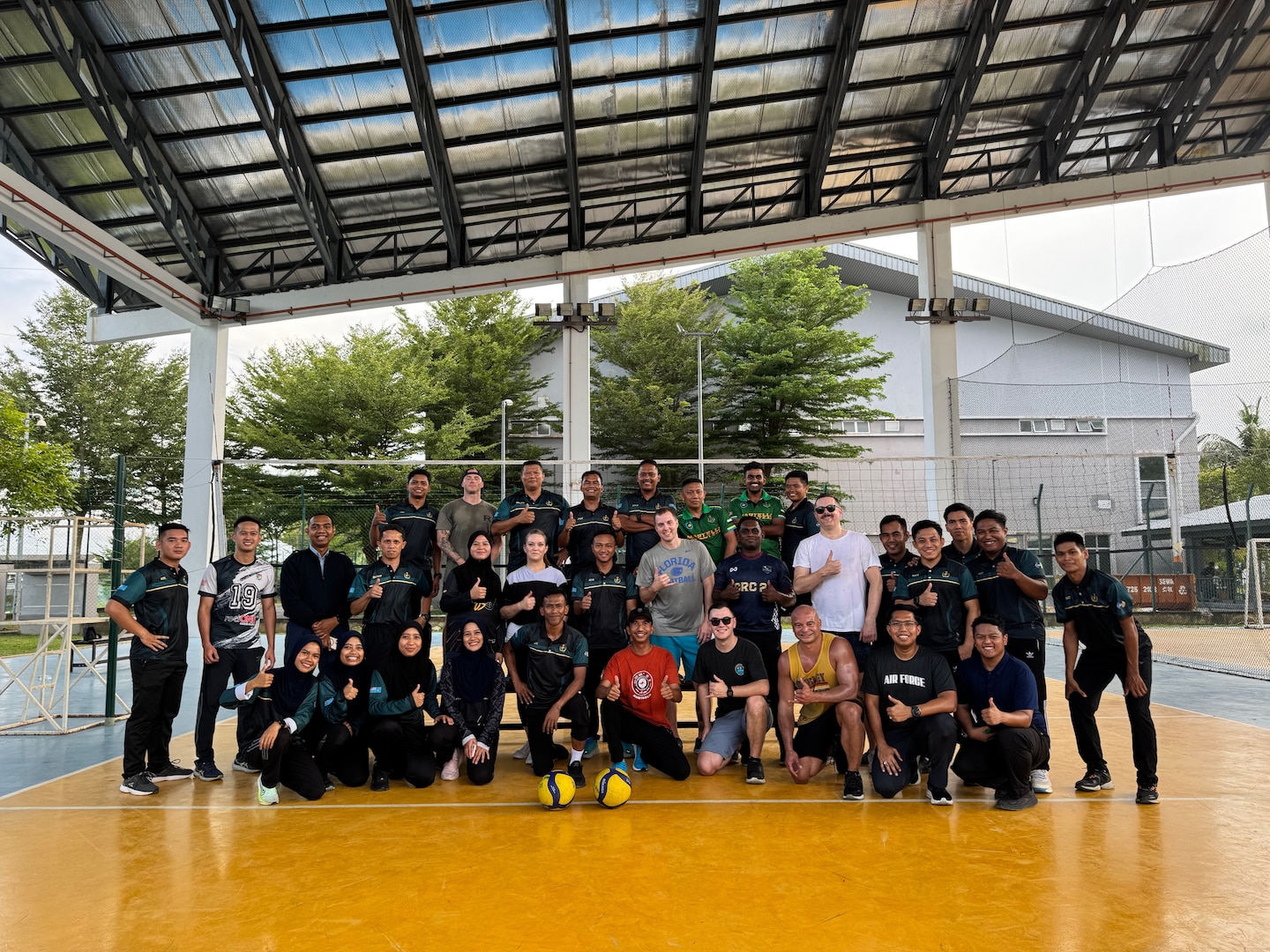 |
| Photo: U.S. Indo Pacific Command's website. |
The recent Sister Squadron Agreement exchange between the Western Air Defense Sector (WADS) and the Royal Malaysian Air Force’s (RMAF) 320 Squadron at Control and Reporting Center 1 marks a significant step in enhancing air defense collaboration in the South China Sea region.
This partnership, underscored by an exchange of expertise and a shared commitment to regional security, reflects the evolving nature of international defense relationships in the face of increasingly complex geopolitical dynamics.
The decision to send six air battle management specialists from WADS to Malaysia for a detailed exchange from November 8-18, 2024, speaks volumes about the seriousness with which both nations view the strengthening of defense ties.
The focus of the exchange was squarely on improving air defense capabilities, including key topics like radar operations, air defense strategies, and threat evaluations. These areas of expertise are critical in safeguarding airspace integrity, especially in a region as strategically important and contested as the South China Sea.
One of the most notable aspects of this collaboration is the emphasis on the sharing of knowledge about air battle management and technology. In an era where technological advancements are rapidly reshaping defense strategies, having specialists from both nations engage in discussions on future technologies and operational tactics is invaluable.
Small group sessions that delved into enlisted career growth and future planning for joint activities in 2025-2026 also signal a long-term commitment to mutual development, ensuring that the partnership continues to grow in both scope and impact.
Beyond technical discussions, the exchange’s closing event—a friendly volleyball tournament featuring six squadrons—served as a powerful reminder that military collaboration is not only about shared expertise but also about building human connections. Team sports like volleyball break down barriers, foster camaraderie, and help participants from different cultures build trust and mutual respect.
Lt. Col. Marvin Yamada’s statement that both sides “left energized and excited about future collaborations” underscores how such engagements help forge lasting bonds that go beyond the confines of military protocols.
The South China Sea remains one of the world’s most sensitive and contested maritime regions, with competing territorial claims and the presence of a variety of state and non-state actors. In such a complex environment, air defense is a critical element in maintaining regional stability.
The partnership between WADS and the RMAF 320 Squadron is an important step toward ensuring that both nations—through shared expertise, strategic coordination, and collaborative planning—can respond effectively to any threats that may arise in this contested space.
Looking ahead to 2025 and beyond, the success of this exchange serves as a model for future international defense cooperation. It exemplifies the value of sustained, in-person engagement to strengthen mutual understanding and technical capabilities.
While the future of defense will increasingly rely on cutting-edge technologies and rapid information sharing, the human element—reflected in moments of teamwork, trust, and shared experiences—remains a cornerstone of successful partnerships.
In conclusion, the WADS-RMAF Sister Squadron Agreement exchange highlights the growing importance of international partnerships in securing vital airspace and maritime regions like the South China Sea. As both nations continue to build on this successful exchange, they are not only enhancing their own defense capabilities but also contributing to the broader goal of regional security and stability in one of the world’s most geopolitically significant areas.
tags: Asia Pacific, Indo Pacific, Pacific region, FOIP, Free and Open Indo Pacific, Malaysia,
Comments
Post a Comment